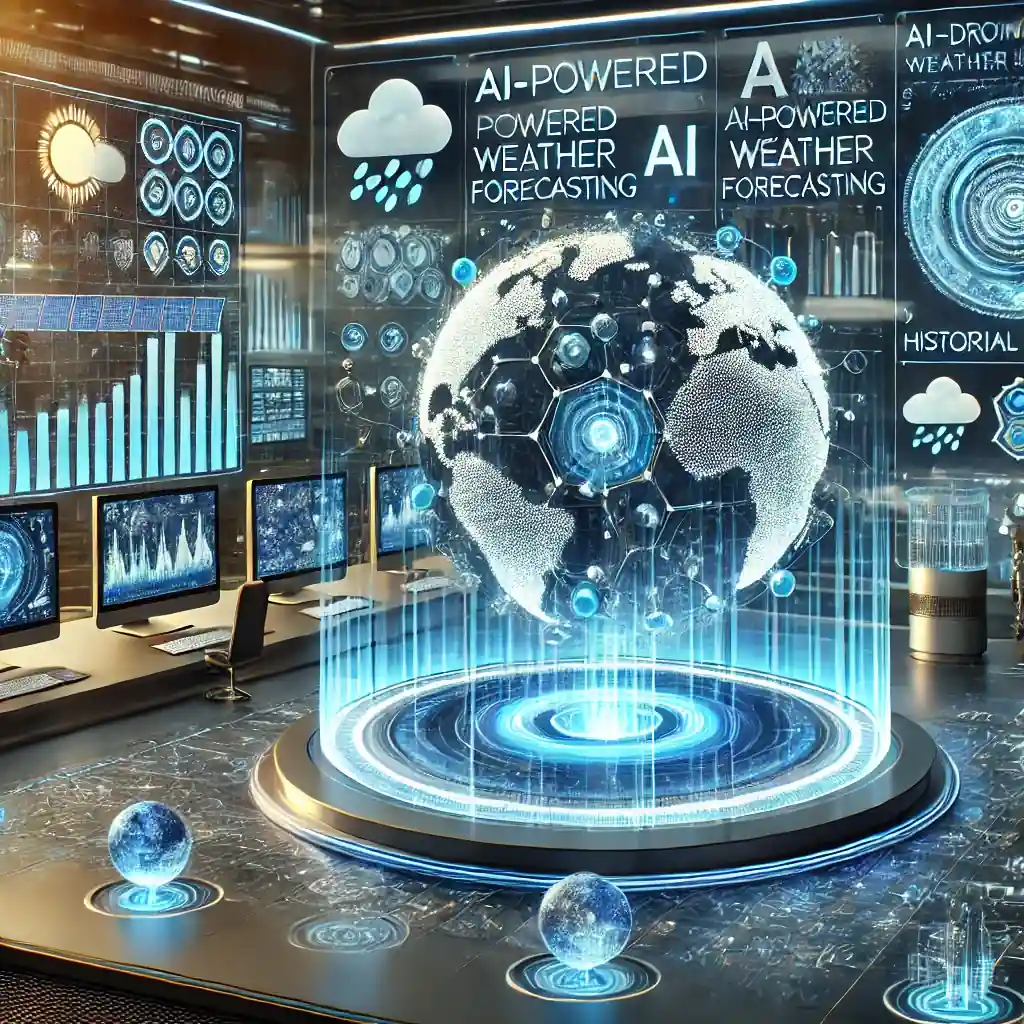AI Weather Models Reshape Weather Forecasting
Every night in Bologna, Italy, supercomputers process vast amounts of weather data. Their predictions influence global energy markets. But now, AI weather models are disrupting traditional forecasting methods, offering superior speed and accuracy. Unlike conventional models that rely on satellite data, AI integrates historical trends, enhancing predictions of temperature, precipitation, and wind patterns.
How AI Weather Models Improve Forecast Accuracy
Traditional simulations require extensive computing power and time. The European Centre for Medium-Range Weather Forecasts (ECMWF) recently introduced an AI-driven model. This system generates forecasts in just three minutes—compared to the six hours required by traditional supercomputers. AI also enhances extreme weather predictions, helping industries respond faster to climatic shifts.
AI’s Impact on Energy Trading Markets
Energy traders rely on precise forecasts to anticipate supply and demand fluctuations. AI weather models enable traders to react quickly to market changes, reducing energy waste and improving grid efficiency. Companies like InCommodities and Meteomatics confirm that AI-driven predictions are more accurate, particularly in short-term forecasting.
AI Weather Models vs. Traditional Forecasting
AI models outperform conventional methods in many areas, including:
- Faster processing times
- Lower computing energy consumption
- Improved accuracy for short-term predictions
However, AI still struggles with cloud cover estimations and some weather extremes. As a result, meteorologists advocate a hybrid approach, combining AI efficiency with traditional model reliability.
The Future of AI Weather Models
The ECMWF aims to enhance AI capabilities by integrating satellite and sensor data directly into models. Future developments could leverage data from unconventional sources like smart devices, improving real-time weather predictions. Experts predict that AI weather models will soon dominate forecasting, transforming industries beyond energy trading.
AI Weather Models Revolutionize Meteorology
The adoption of AI weather models represents a paradigm shift in forecasting. With improved accuracy, reduced processing times, and enhanced market applications, AI is set to redefine meteorology. As technology advances, AI will continue to optimize weather predictions, benefiting industries worldwide.




